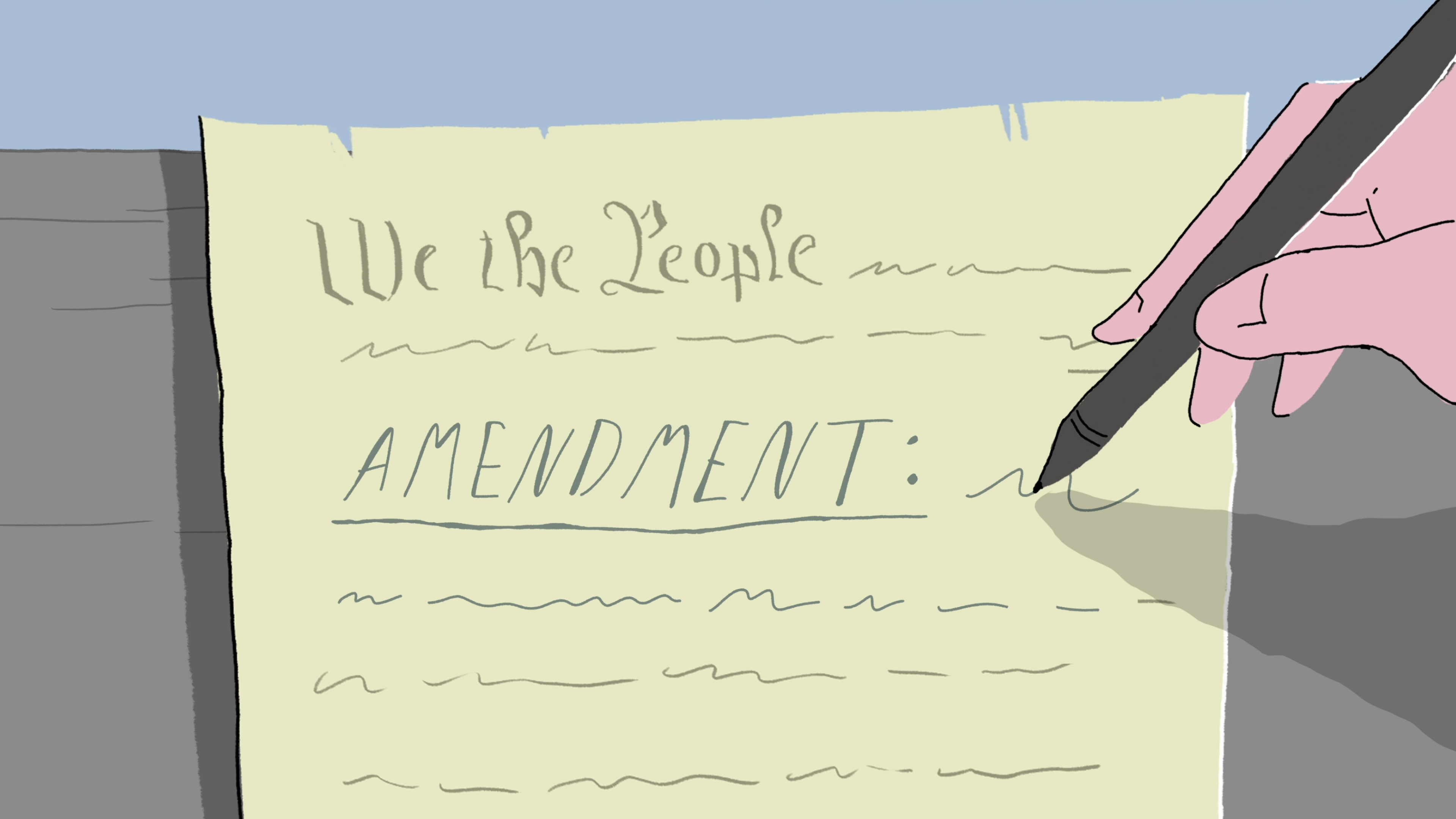Total run time:
8h 38m
Why does the structure of the Constitution matter? What are the key debates in Constitutional Law? Why and how did the Founders decide on the powers of the three branches? Is federalism still important? Learn about the formation and key tenets of the structural Constitution. This is a foundational course for anyone interested in the American legal system.
Total run time:
8h 38m
Course:
Constitutional Law
Total videos:
113
Difficulty:
First Year
These videos cover the basics of what the Constitution is, and how and why it was written. Dozens of videos include discussions of other founding documents like the Declaration of Independence and state constitutions; how the Founders utilized the common law and British precedent; popular sovereignty; and why the Constitution needed to be a written document.
How did the Founders envision federalism? Why is it a crucial part of our Constitutional government? Is it still functioning today in the way it was intended? This unit covers basic questions about the need and demand for federalism, as well as more in-depth discussions of both historical and modern clashes between states and the federal government.
Creating the Executive branch was a difficult task for the Founders. They knew they didn’t want a king but what powers did a President and his staff rightfully need to execute and uphold the law? Episodes in this unit cover topics related to specific Presidential responsibilities and powers, as well as questions about who qualifies as an “Officer of the United States,” and the balance of power between the Executive and Legislative branches.
How do the three branches of government - legislative, executive and judicial - relate to one another? This module in the Structural Constitution course explores the Constitutional design of checks and balances and how that works to protect liberty.
How do different Amendments affect the scope of power of the federal government? This module of the No. 86 Series explores.
How do we define the judicial power? What is judicial review? Can the Supreme Court change the Constitution? Videos and podcasts cover modern and historical debates on the role of the Judiciary.
Why did the Founders make it difficult for Congress to pass laws? How did they decide on a bicameral legislature and its constituency? In these videos and podcasts, scholars discuss the purpose and activities of the legislative branch, and how it is designed to interact with the other two branches of government.
Amendments to the Constitution are almost as old as the Constitution itself. Learn more about the original “Amendments” (which we now call the Bill of Rights) as well as crucial later amendments that altered and extended the Constitution in new ways.
In order to understand the founding documents of the United States, you need to know something about the men who wrote them. What books or thinkers influenced the Founders? Why were there disagreements at the Constitutional Convention? How did people who talked about freedom allow slavery to continue? What is the relationship between the Declaration of Independence and the Constitution?









